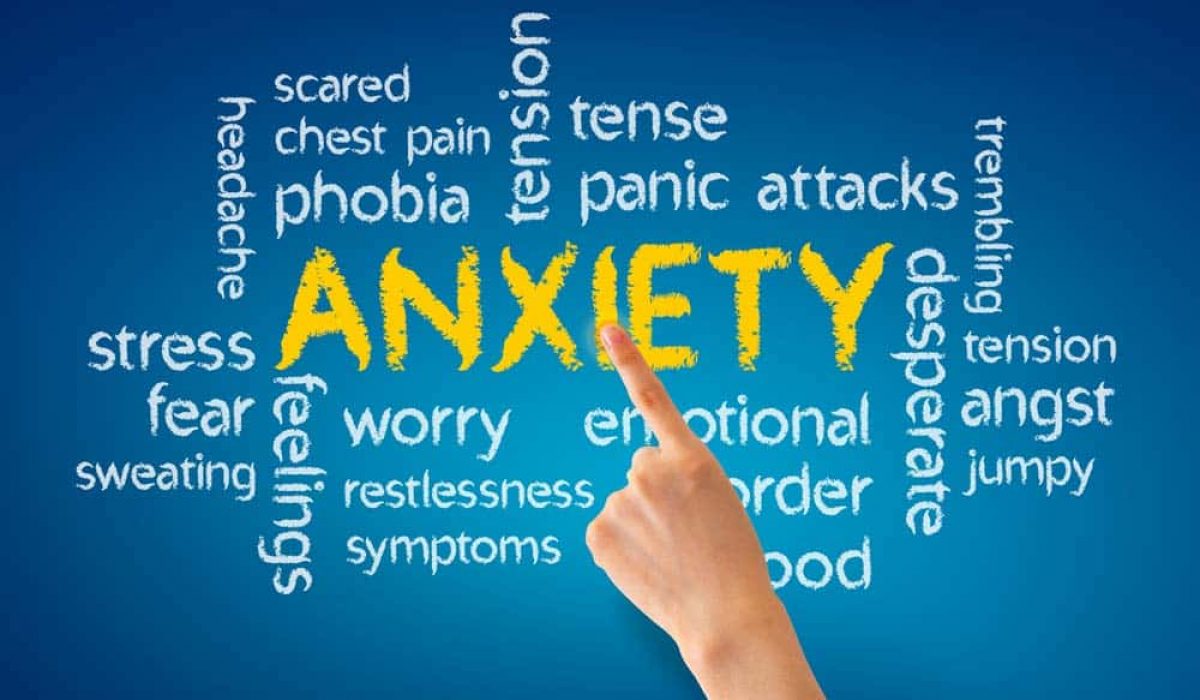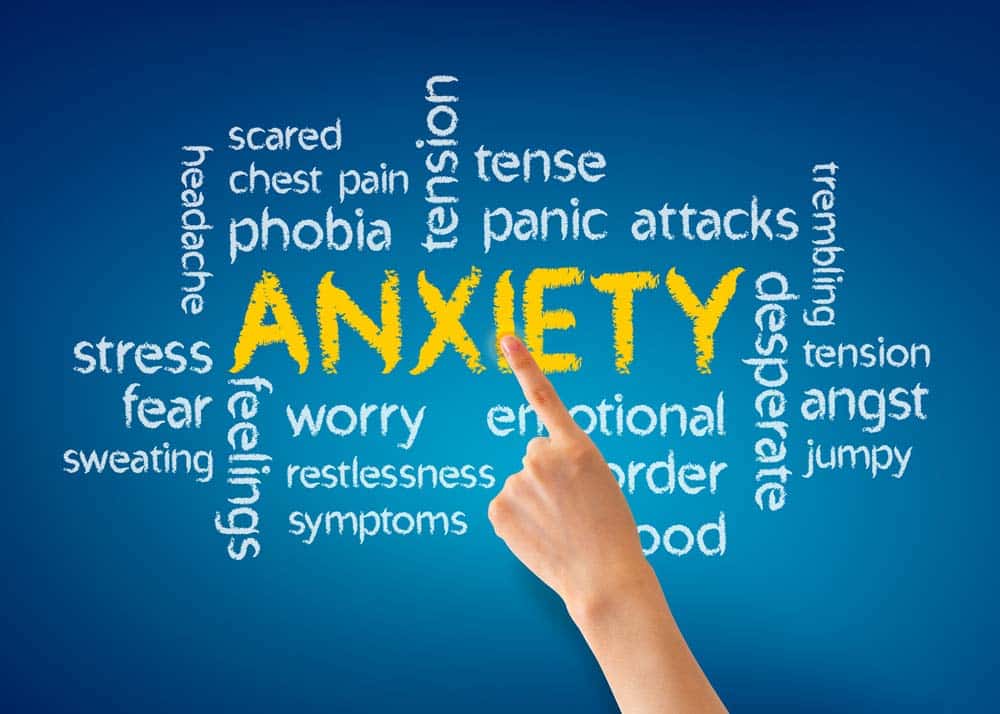Anxiety can be a relentless companion, casting a shadow over every aspect of life. However, there is hope. Mindful healing offers a pathway to relief, empowering individuals to navigate their anxiety with grace and resilience. In this article, we’ll explore some effective anxiety treatment tips rooted in mindfulness practices.
Cultivate Present-Moment Awareness
Mindfulness is the practice of being fully present in the moment, without judgment or attachment to thoughts or emotions. By cultivating present-moment awareness, individuals can develop a greater sense of clarity and calmness, even in the midst of anxiety.
Start by setting aside a few minutes each day to practice mindfulness meditation. Find a quiet space, close your eyes, and focus on your breath. Notice the sensations of each inhale and exhale, allowing your mind to settle into the present moment. When anxious thoughts arise, gently acknowledge them and return your attention to your breath. Over time, this practice can help reduce the grip of anxiety and cultivate a greater sense of peace and tranquility.
Practice Acceptance and Non-Judgment
One of the core principles of mindfulness is acceptance—acknowledging and embracing the present moment as it is, without resistance or judgment. When it comes to anxiety, this means allowing ourselves to experience uncomfortable thoughts and emotions without trying to suppress or avoid them.
Rather than engaging in a battle with our anxiety, practice observing it with curiosity and compassion. Notice where you feel tension or discomfort in your body, and gently breathe into those areas with kindness and acceptance. By adopting a stance of non-judgment towards our anxiety, we can reduce its power over us and cultivate a greater sense of inner peace and resilience.
Engage in Mindful Movement
Physical activity can be a powerful antidote to anxiety, helping to release pent-up tension and promote relaxation. Mindful movement practices such as yoga, tai chi, and qigong combine gentle physical exercise with mindfulness techniques, offering a holistic approach to anxiety treatment.
Set aside time each day to engage in mindful movement practices that resonate with you. Focus on the sensations of movement in your body, paying attention to your breath and the rhythm of your movements. Notice how your body feels as you stretch, bend, and flow from one posture to the next. By bringing mindful awareness to your movement practice, you can cultivate a greater sense of grounding and tranquility, easing the grip of anxiety on your mind and body.
Cultivate Self-Compassion
Anxiety can be accompanied by feelings of self-criticism and inadequacy, exacerbating our distress. Cultivating self-compassion—extending kindness and understanding towards ourselves in moments of difficulty—can be a powerful tool for anxiety treatment.
Practice self-compassion by speaking to yourself with the same warmth and empathy you would offer to a close friend. Acknowledge that it’s natural to experience anxiety from time to time, and remind yourself that you are not alone in your struggles. Treat yourself with gentleness and care, especially during moments of heightened anxiety. By cultivating self-compassion, you can create a supportive inner environment that fosters healing and resilience.
Seek Professional Support
While mindfulness practices can be helpful for managing anxiety, they are not a substitute for professional treatment. If you’re struggling with anxiety, don’t hesitate to reach out to a mental health professional for support and guidance.
Therapists trained in mindfulness-based approaches such as cognitive-behavioral therapy (CBT) or mindfulness-based stress reduction (MBSR) can offer tailored treatment plans to address your unique needs and challenges. They can teach you additional mindfulness techniques, provide valuable insights into the underlying causes of your anxiety, and help you develop coping strategies to manage your symptoms more effectively.
Conclusion
In conclusion, mindful healing offers a holistic approach to anxiety treatment, empowering individuals to navigate their anxiety with greater ease and resilience. By cultivating present-moment awareness, practicing acceptance and non-judgment, engaging in mindful movement, cultivating self-compassion, and seeking professional support, Through our dedicated services in Cary, NC, individuals can take proactive steps toward overcoming anxiety and reclaiming their lives with confidence and peace of mind. Contact us today at Wake Counseling to embark on your journey toward healing and well-being.


